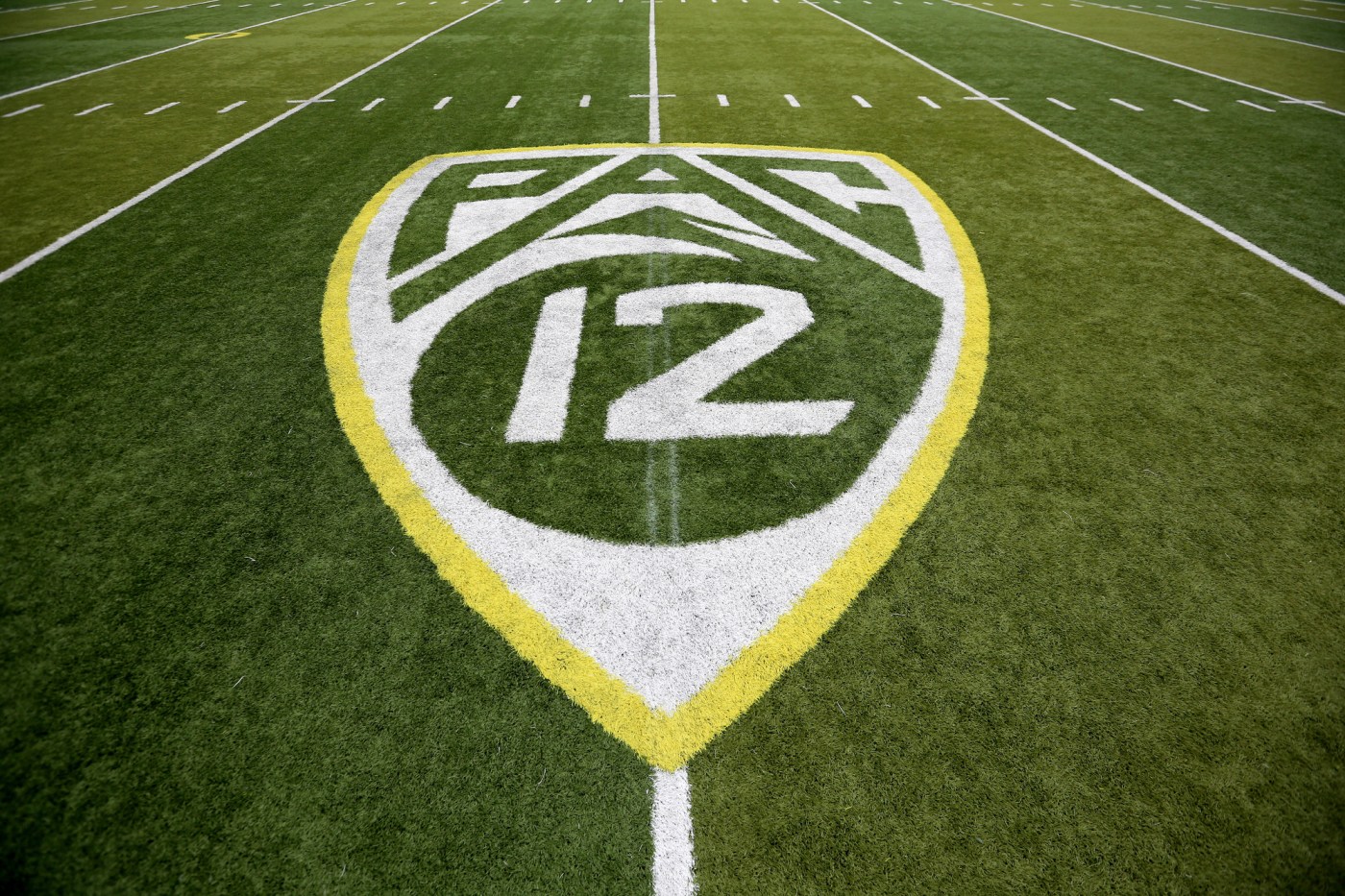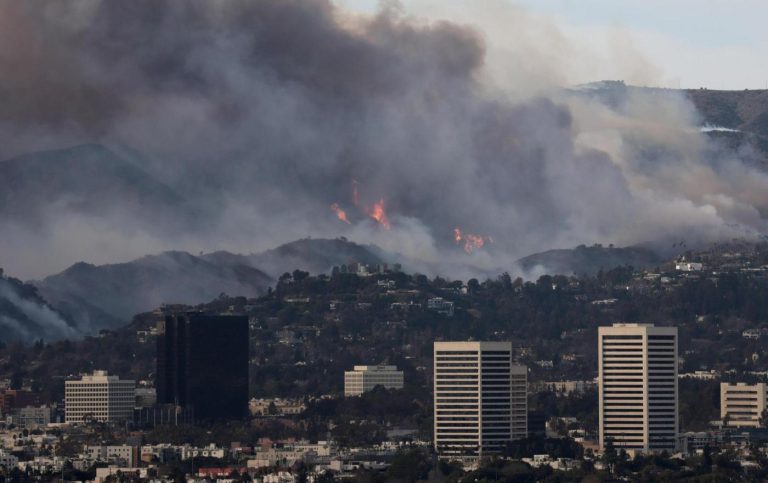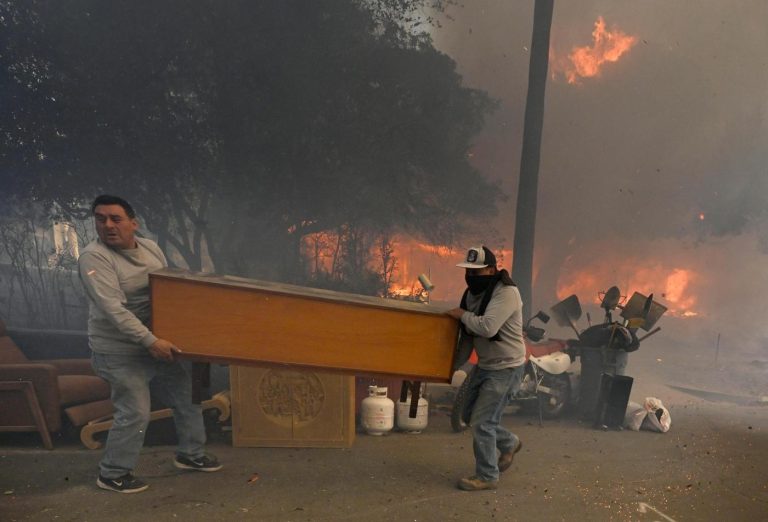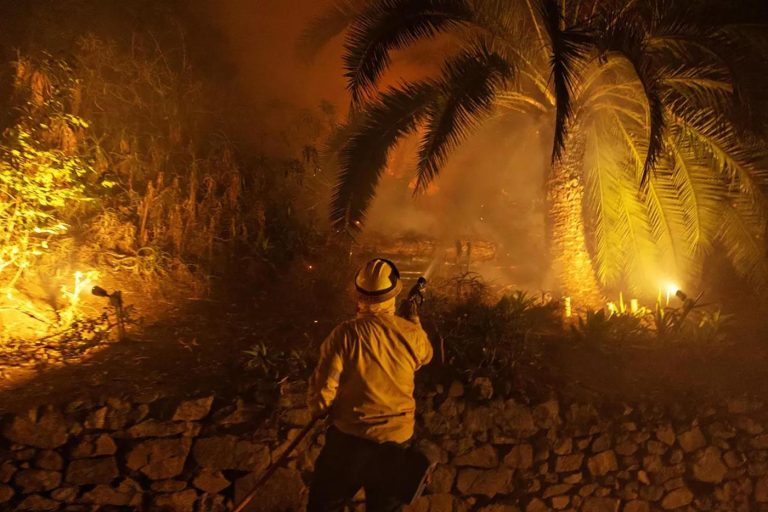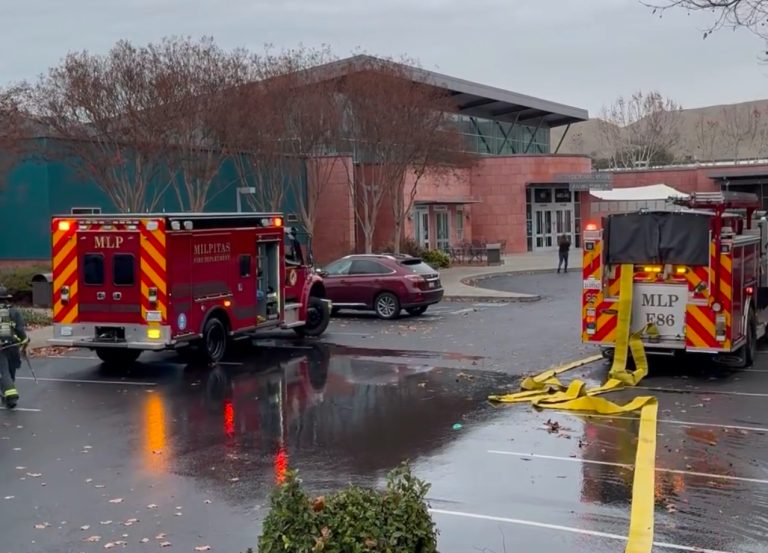The experimental season is over. Next comes what could be termed the exhibition season, followed by the real deal.
Are Washington State and Oregon State ready for their new existence? Are they on track to thrive when the Pac-12’s rebuild becomes official and five schools from the Mountain West join the conference?
Did the fall of 2024 tell us anything about the fall of 2026 for the Cougars and Beavers?
“This year, especially for Washington State but also the Pac-12 — it was an incredible win for the Pac-12 because there was a season,” Ryan Leaf, The CW network analyst and former WSU quarterback, told the Hotline.
Given the situation just 15 months ago, after 10 schools decided to flee the Pac-12 and leave the Cougars and Beavers behind, the past three months have been an undeniable success.
The two-team conference produced a season that met major college standards operationally and competitively. The game broadcasts on The CW were first rate. The Cougars and Beavers recorded three wins over power conference opponents. WSU won the Apple Cup and became bowl-eligible.
Yet both teams finished on low notes — a reminder of the challenge ahead.
The Beavers (5-7) were one game short of bowl-eligibility, unable to overcome a long midseason losing streak. They experienced a barrage of injuries, especially on defense, and ineffective quarterback play.
Gevani McCoy, Ben Gulbranson and Gabbari Johnson completed just 60 percent of their passes and threw more interceptions (11) than touchdowns (seven).
Were they used properly by first-year coach Trent Bray and his staff? Gulbranson had the best efficiency rating and highest yards-per-attempt but spent much of the season behind McCoy.
“Ever since Jake Luton (in 2019), they haven’t had a quarterback who was ‘The guy,’” said The CW’s Nigel Burton, a former Oregon State assistant coach. “They thought DJ Uiagalelei would be that, but he clearly wasn’t. They have got to find someone who can throw and run at this level.”
That wasn’t an issue in Pullman, where sophomore quarterback John Mateer emerged as an elite playmaker: He led the country in total touchdowns with 44 — three more than his former teammate, Cam Ward, who transferred to Miami last winter.
The Cougars (8-4) beat Washington and Texas Tech, won eight of their first nine, climbed to No. 19 in the AP poll and were on the outskirts of the College Football Playoff race in the middle of November.
But a second-half defensive meltdown at New Mexico derailed their playoff drive and seemingly squashed their sense of urgency. The Cougars lost at Oregon State the following week and blew a fourth-quarter lead against lowly Wyoming at home in the finale.
All three losses came with WSU favored by double digits.
“Their only real goal when they were 8-1 was the playoff,” Leaf said. “When that went away, I think there really was a disconnect.”
In his view, “people checked out.”
What’s next for the Pac-12?
At the conference level, there are momentous issues to address. The Pac-12 must sign a media rights agreement for the 2025 season and beyond, add at least one more football-playing school and prepare to welcome the five new members (Boise State, Colorado State, Fresno State, San Diego State and Utah State) on July 1, 2026.
(Feedback from media companies will dictate which school, or schools, the conference targets and the degree to which it attempts to bolster its basketball product, which will include Gonzaga in the fall of 2026.)
On the front lines, the Beavers and Cougars must fortify their rosters and coaching staffs for the next version of the Pac-12.
If this season is any indication, the rebuilt conference will prove challenging. Washington State and Oregon State hardly dominated their Mountain West competition. In fact, they lost more games head-to-head (eight) than they won (seven).
Clearly, neither program is on Boise State’s level. But several losses came to teams that finished in the bottom half of the Mountain West standings.
There are immediate concerns, as well.
Oregon State must identify a dependable quarterback, whether it’s one of the returnees or a transfer. And that quarterback needs targets in the passing game.
“They need speed,” Burton said of the receivers. “They have nobody who can take the top off a defense and let (receivers) Trent Walker and Darrius Clemons go to work underneath.”
Related Articles
CFB champ week picks ATS: Georgia, Oregon, Clemson and ISU cover
BYU’s fate in CFP rankings is cause for concern for the Big 12
WBB power rankings: Betts, Watkins star as UCLA, USC top Best of West
MBB power rankings: Zags and Ducks on top as ASU climbs, Arizona falls
CFP rankings: Oregon, Texas, Penn St. on top as Alabama passes Miami
The offensive line is “good enough,” Burton added. But the other side of scrimmage is in bad shape.
“They are woefully behind on the defensive line,” he said of a unit that allowed 186 rushing yards per game. “That’s the main issue. They have nobody who can push people in the middle and nobody who scares you off the edge.”
Washington State’s to-do list isn’t nearly as long, with one item looming over everything: The Cougars must keep Mateer from entering the transfer portal — a task that seemingly became more daunting this week.
On Monday, WSU offensive coordinator Ben Arbuckle left for the same position at Oklahoma.
On Wednesday, Sooners quarterback Jackson Arnold entered the portal, potentially opening a starting spot for Mateer, who grew up in Texas.
And on Thursday, freshman tailback Wayshawn Parker announced he was entering the transfer portal.
“They need to hang on for dear life to Mateer,” Burton said. “If they keep the team together, they have all the pieces.”
*** Send suggestions, comments and tips (confidentiality guaranteed) to wilnerhotline@bayareanewsgroup.com or call 408-920-5716
*** Follow me on the social media platform X: @WilnerHotline
